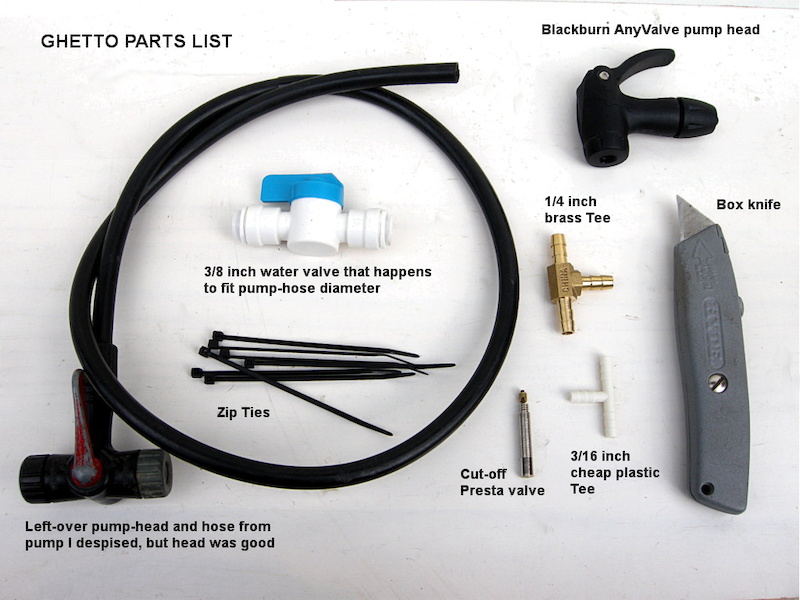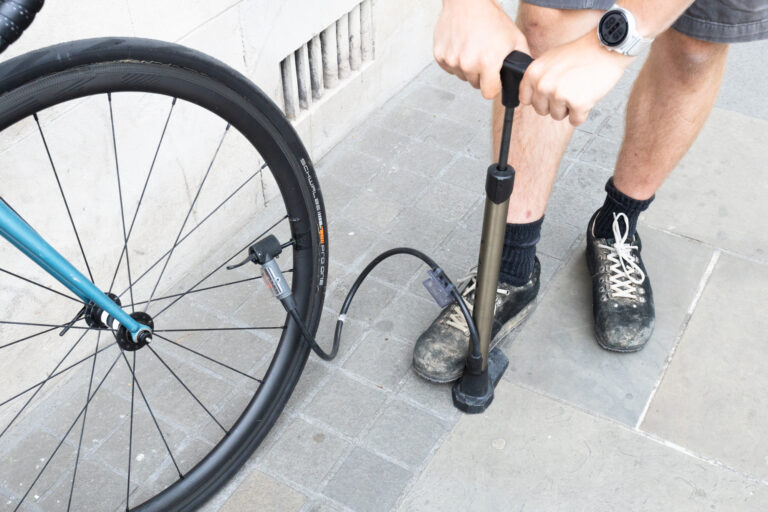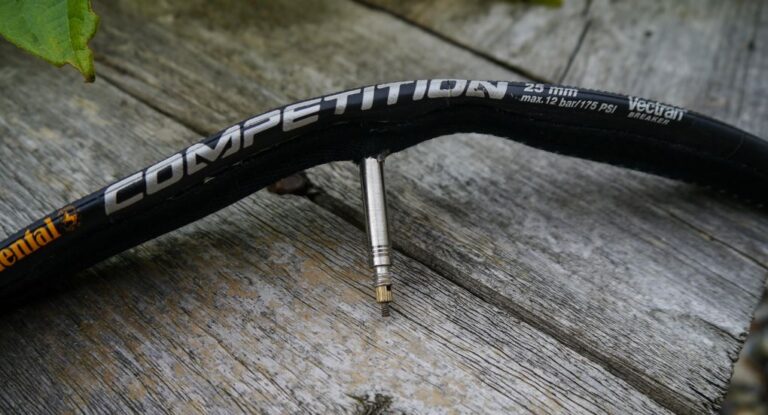How to Make Tire Inflator: DIY Guide & Expert Tips
Tire inflators are handy tools. They help keep our tires full of air. Having the right air pressure in tires is very important. It keeps us safe when driving. This guide will show you how to make a simple tire inflator.
Why You Need a Tire Inflator
Maintaining proper tire pressure has many benefits:
- Improves fuel efficiency.
- Enhances safety.
- Increases tire lifespan.
- Provides better handling.
What You Will Need
To make a tire inflator, gather these materials:
- Old bicycle pump or hand pump
- Air hose
- Inflation nozzle
- Sealant tape
- Scissors
- Measuring tape
- Adapter for tire valve
Step-by-Step Guide to Make a Tire Inflator
Step 1: Prepare The Pump
Start with an old bicycle pump. Check if it works well. If it has cracks, it may leak air. Make sure it is clean and ready to use.
Step 2: Cut The Air Hose
Take the air hose and measure the length needed. Use scissors to cut it. Make sure it fits well with the pump and the tire valve.
Step 3: Attach The Air Hose
Connect one end of the air hose to the pump. Use sealant tape to ensure it is airtight. Wrap the tape around the joint where the hose meets the pump. This prevents air leaks.
Step 4: Add The Inflation Nozzle
On the other end of the air hose, attach the inflation nozzle. This is what goes into the tire valve. Make sure it fits tightly. You do not want air escaping here.
Step 5: Prepare The Adapter
Sometimes tires need special adapters. Check your tire valve. If it needs an adapter, attach it to the inflation nozzle. This will help you inflate the tire easily.
Step 6: Test The Tire Inflator
Before using it, test the inflator. Place the inflation nozzle in your hand. Pump the handle of the bicycle pump. Make sure air flows through the hose.
Step 7: Inflate The Tire
Now it’s time to inflate a tire! Here’s how:
- Remove the valve cap from the tire.
- Insert the inflation nozzle into the valve.
- Pump the handle until the tire reaches the correct pressure.
- Remove the nozzle quickly to avoid air loss.
- Replace the valve cap.
Tips for Using Your Tire Inflator
- Check tire pressure regularly.
- Keep the inflator in a cool, dry place.
- Store it in your car for emergencies.
- Learn how much air your tires need.


Common Problems and Solutions
Problem 1: Air Leaks
If you notice air escaping, check the connections. Ensure all parts are tight. Use more sealant tape if needed.
Problem 2: Pump Not Working
Check for any cracks in the pump. If it is damaged, you might need a new pump.
Problem 3: Nozzle Does Not Fit
Make sure you are using the correct nozzle. Different tires may need different types.
Alternative Tire Inflator Ideas
If you want to try something different, here are some ideas:
- Use a small air compressor.
- Make a solar-powered inflator.
- Create a CO2 inflator using cartridges.
Frequently Asked Questions
What Materials Do I Need For A Tire Inflator?
You need a compressor, hose, valve adapter, and power source to create an effective tire inflator.
How Does A Tire Inflator Work?
A tire inflator uses a motor to compress air and transfer it into a tire through a nozzle.
Can I Make A Diy Tire Inflator?
Yes, you can make a DIY tire inflator using basic materials and tools available at home.
What Is The Best Power Source For Inflators?
A car battery or portable generator is ideal for powering a tire inflator effectively.
Conclusion
Making a tire inflator is simple and useful. It helps keep your tires inflated. This keeps you safe on the road. Follow the steps above and you will have your own tire inflator. Remember to check your tires regularly. Happy driving!
FAQs
1. How Often Should I Check My Tire Pressure?
You should check your tire pressure at least once a month.
2. What Is The Correct Tire Pressure?
Check the owner’s manual or sticker on the driver’s door. It shows the recommended pressure.
3. Can I Use My Tire Inflator For Other Things?
Yes! You can inflate sports balls, air mattresses, and more.
4. What If My Tire Is Flat?
If your tire is completely flat, you may need to replace it. A tire inflator can help temporarily.
5. Is It Safe To Drive On Under-inflated Tires?
No, it is not safe. Under-inflated tires can cause accidents. Always keep your tires properly inflated.




